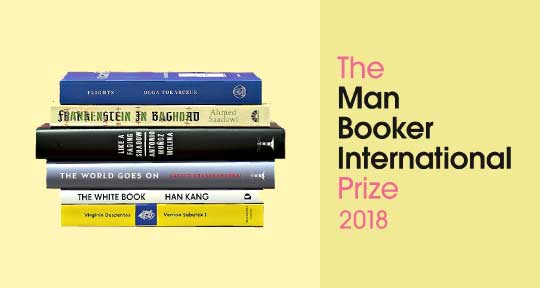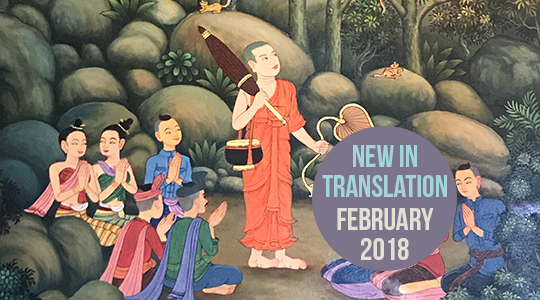On May 22, Olga Tokarczuk won the Man Booker International Prize for her book Flights (which first appeared in English in our Winter 2016 issue), translated into English by Jennifer Croft for Fitzcarraldo Editions. Tokarczuk is already a household figure in her native Poland where Flights was first published in 2007. Two of her other novels have been translated by Antonia Lloyd-Jones, but it is only now with Flights that she is becoming a recognizable name for the English-speaking public. While the red Man Booker logo, signifying its triumph, will help it fly off the shelves in bookstores all over the United Kingdom, booksellers still face a tough challenge, for how do you summarize and sell a book like Flights?
Flights is categorized as a novel, although it eschews traditional plot and linear structure. At its most reductive, it can be described as a traveler’s diary through which an unnamed narrator contemplates and explores the roots of her nomadism. What follows is a compilation of fragments collected by the narrator throughout her journeys: short stories about home and travel, meditations on the human body, and even essays on sanitary pads, Wikipedia, and the English language. In the original Polish, the book is titled Bieguni, the name of a nomadic sect of Eastern European origin who believe the only way to escape the devil is by being in constant movement. And indeed, if the narrator of Flights has a life philosophy, it is this: “a thing in motion will always be better than a thing at rest.”








